"Medak Pocket deaths, collateral damage"
An ex-Croatian Army lawyer said that “damage“ caused during the Medak Pocket operation was of a “collateral nature.“
Wednesday, 14.11.2007.
12:58

An ex-Croatian Army lawyer said that “damage“ caused during the Medak Pocket operation was of a “collateral nature.“ “During the war, the generals carried out their constitutional assignment. I personally view them as heroes of the Homeland War, and I consider the damage caused as being of a collateral nature,“ said Zdravko Vladanovic, appearing as a witness at the trial of Rahim Ademi and Mirko Norac, who are accused of war crimes against Serb civilians during the 1993 operation in question. "Medak Pocket deaths, collateral damage" Vladanovic said that he had heard the rumors concerning the Croatian Army and police during a telephone conversation with then commander, General Janko Bobetko. According to witnesses, Bobetko then appointed him to an investigative commission that later traveled to Gospic to look into rumors of war crimes, where they were greeted by Ademi, who told them that he wanted to uncover the truth. Vladanovic then recalled how, soon after, commission chief Ante Gugic told him to return to Zagreb, thus ending the commission’s work. He described Bobetko as a vain person who want to keep all the glory for the Medak Pocket operation for himself. “Whenever he spoke of the operation, Bobetko always highlighted Norac as the key link, while ignoring Ademi. That’s why he retained part of his command powers,“ said the legal adviser, adding that Admiral Davor Domazet Loso also spoke frequently of the operation, boasting of his role, and of how he had brought in the tanks. Vladanovic said that Ademi had taken his dismissal after Medak hard, and that he wanted to know why he was always in the background, while he described Norac as a sincere, young and capable man, in whom a great deal of responsibility had been invested. After Vladanovic, two other witnesses – a mother and her daughter - took the stand, who talked of the murder of their husband/father, whose body, having been beaten with a blunt object, was found in a septic tank in Gospic. One of the witnesses said that, prior to the Medak Pocket Operation, her father lived in the village of Vujnovica near Divoselo, where he worked as a farmer, rearing cattle. She said she did not know the exact circumstances of the murder, though she had been told that her father, who had been dressed in civilian clothing, had been beaten and thrown into a septic tank, while her mother said that she had found out the details of his death from UN representatives, and that later his corpse was taken away and buried. Both witnesses said that they had seen no military activity or any kind of weaponry in the village prior to the attack, and confirmed that they would be seeking compensation from the defendants for the murder of their loved one. Judge Marin Mrcela refused to allow Norac to ask the witness about military positions around the village, how they fed themselves, or who from Divoselo fired at Gospic. The trial continues tomorrow, when protected witness are due to give evidence via a video link. Rahim Ademi (FoNet, archive)
"Medak Pocket deaths, collateral damage"
Vladanović said that he had heard the rumors concerning the Croatian Army and police during a telephone conversation with then commander, General Janko Bobetko.According to witnesses, Bobetko then appointed him to an investigative commission that later traveled to Gospić to look into rumors of war crimes, where they were greeted by Ademi, who told them that he wanted to uncover the truth.
Vladanović then recalled how, soon after, commission chief Ante Gugić told him to return to Zagreb, thus ending the commission’s work.
He described Bobetko as a vain person who want to keep all the glory for the Medak Pocket operation for himself.
“Whenever he spoke of the operation, Bobetko always highlighted Norac as the key link, while ignoring Ademi. That’s why he retained part of his command powers,“ said the legal adviser, adding that Admiral Davor Domazet Lošo also spoke frequently of the operation, boasting of his role, and of how he had brought in the tanks.
Vladanović said that Ademi had taken his dismissal after Medak hard, and that he wanted to know why he was always in the background, while he described Norac as a sincere, young and capable man, in whom a great deal of responsibility had been invested.
After Vladanović, two other witnesses – a mother and her daughter - took the stand, who talked of the murder of their husband/father, whose body, having been beaten with a blunt object, was found in a septic tank in Gospić.
One of the witnesses said that, prior to the Medak Pocket Operation, her father lived in the village of Vujnovića near Divoselo, where he worked as a farmer, rearing cattle.
She said she did not know the exact circumstances of the murder, though she had been told that her father, who had been dressed in civilian clothing, had been beaten and thrown into a septic tank, while her mother said that she had found out the details of his death from UN representatives, and that later his corpse was taken away and buried.
Both witnesses said that they had seen no military activity or any kind of weaponry in the village prior to the attack, and confirmed that they would be seeking compensation from the defendants for the murder of their loved one.
Judge Marin Mrčela refused to allow Norac to ask the witness about military positions around the village, how they fed themselves, or who from Divoselo fired at Gospić.
The trial continues tomorrow, when protected witness are due to give evidence via a video link.












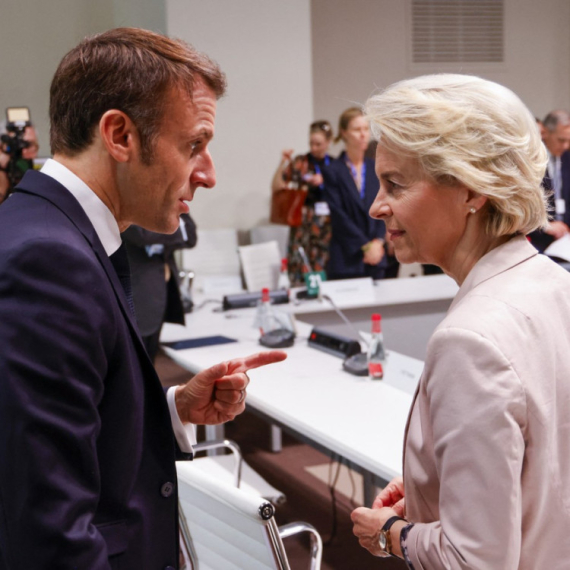











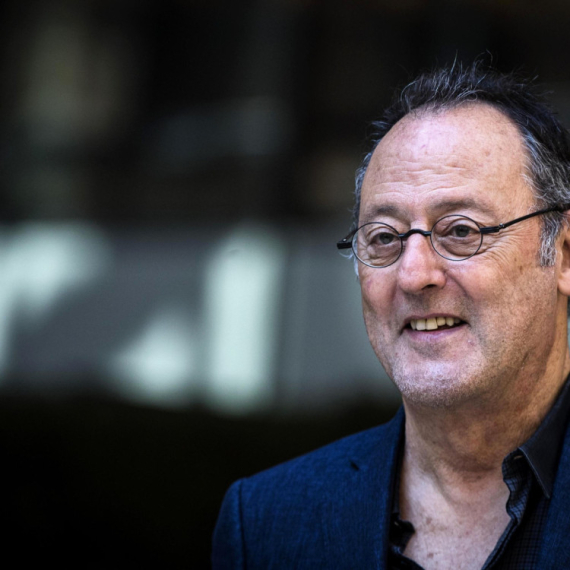















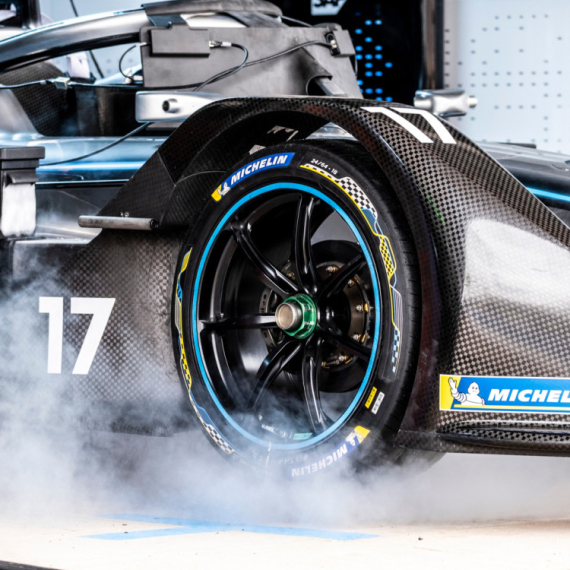




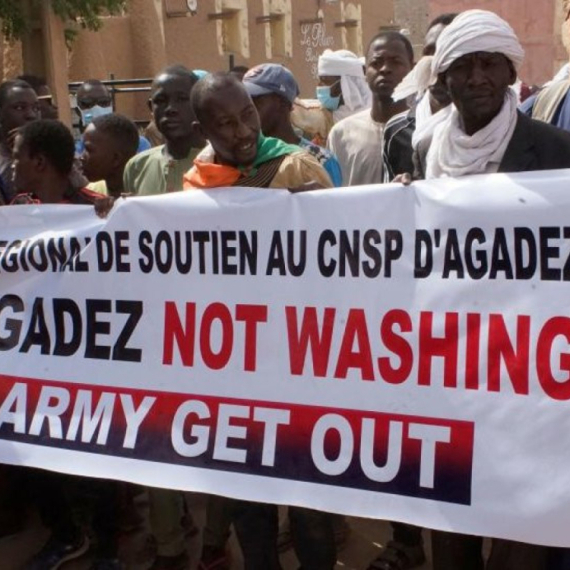
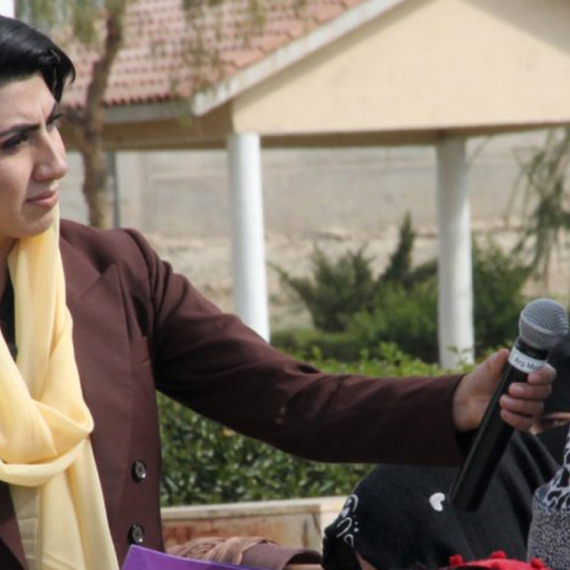
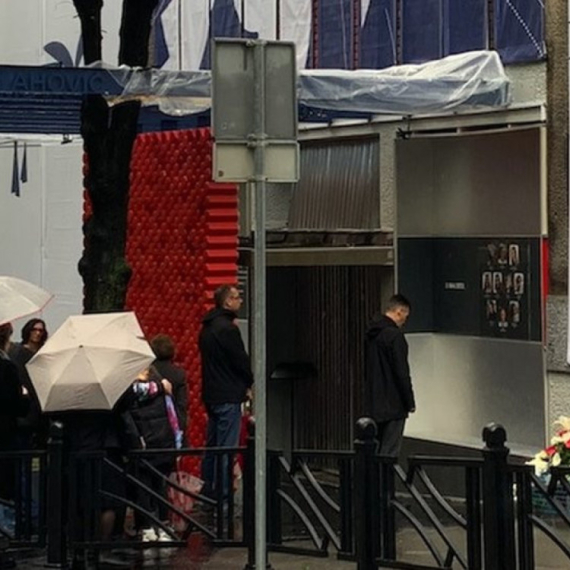
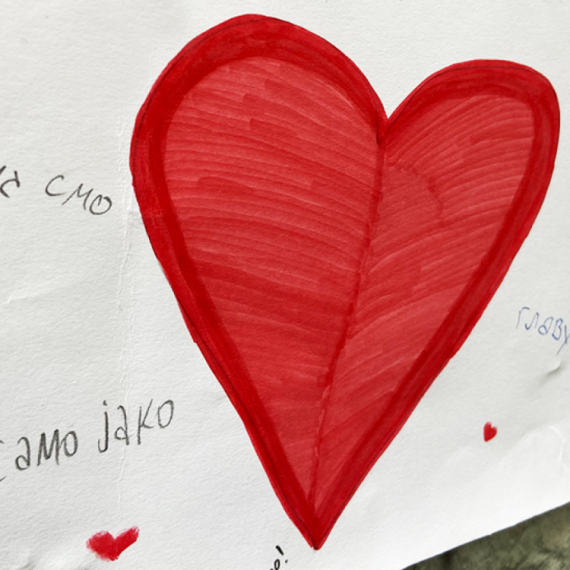


Komentari 16
Pogledaj komentare